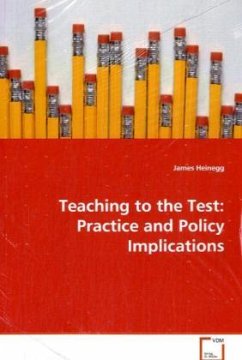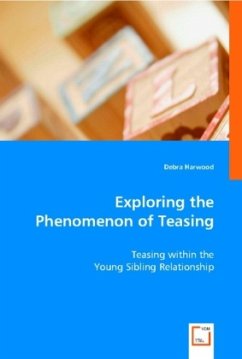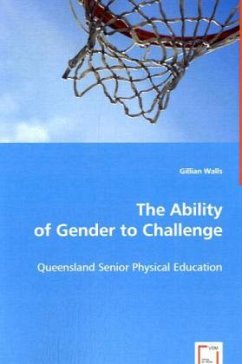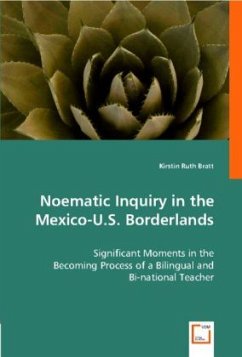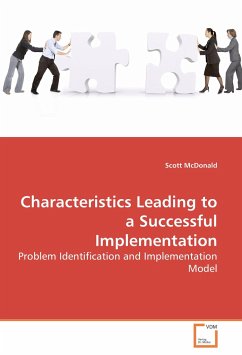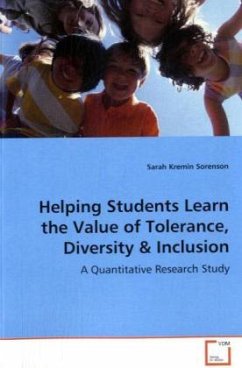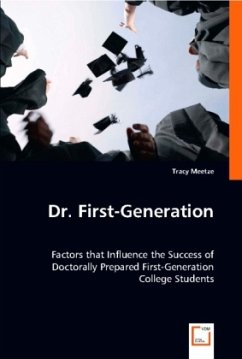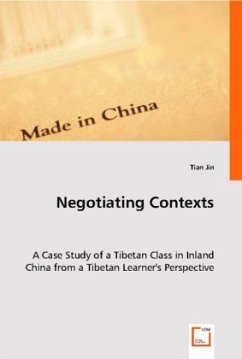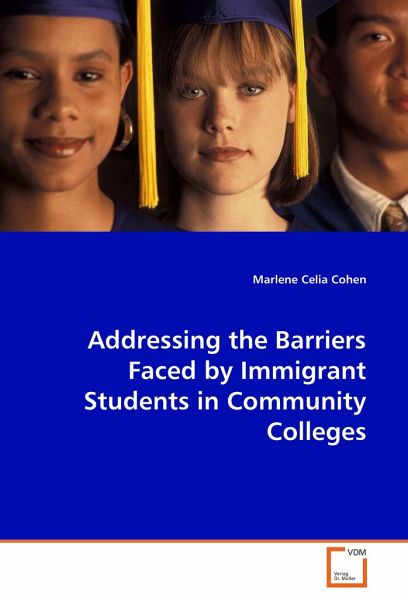
Addressing the Barriers Faced by Immigrant Students in Community Colleges
Versandkostenfrei!
Versandfertig in 6-10 Tagen
52,99 €
inkl. MwSt.

PAYBACK Punkte
26 °P sammeln!
A growing and often-ignored population in colleges and universities is local international students. "Local international students" (LIS) are defined as non-visiting-visa students who may be refugees, immigrants or other permanent residents, and possibly citizens, but who identify with another country, were raised in another country's traditions, and were schooled for many years in another country. Regardless of their immigrant status, their commonality is unfamiliarity with the local country's culture or specifically with its higher education culture. This population is seldom researched and ...
A growing and often-ignored population in colleges and universities is local international students. "Local international students" (LIS) are defined as non-visiting-visa students who may be refugees, immigrants or other permanent residents, and possibly citizens, but who identify with another country, were raised in another country's traditions, and were schooled for many years in another country. Regardless of their immigrant status, their commonality is unfamiliarity with the local country's culture or specifically with its higher education culture. This population is seldom researched and faces many challenges which are often overlooked on college campuses. This case study shares focus group research of students and knowledgeable faculty, staff and administrators describing students' perceived barriers to learning, and then practical institutional, classroom and co-curricular solutions. The results can inform colleges and universities of the needs to address to support LIS students' academic success, of student services and academic responses to those needs, and of activities to involve LIS students in strengthening international education for all students.





